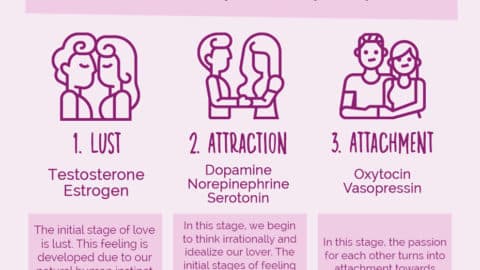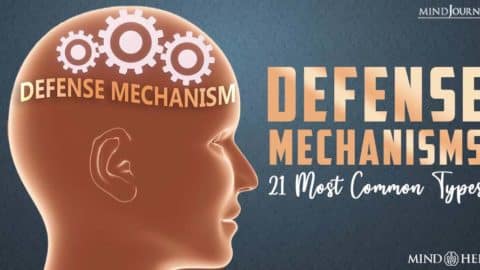As we journey through life, it’s an inescapable reality that we will all encounter some degree of cognitive decline with age. For many, the signs of aging on brain health can manifest as early as their thirties, marked by forgetfulness, mental glitches, or subtle personality changes, so here we will discuss three exercises to boost brain health.
While the prospect of cognitive decline may appear daunting, there’s a silver lining – numerous strategies are available to help maintain brain health as we grow older. Among these, recent research has underscored the remarkable benefits of exercise in preserving cognitive function.
From stress-relief activities to resistance training, physical movement offers not only physical gains but also a surprising array of benefits for brain health. In a new international study, aerobic exercise emerges as a potential across-the-board method to enhance cognitive performance.
The research, published in the October 2023 edition of the BMJ Open Sport & Exercise Medicine Journal, followed 25 healthy golfers over the age of 65 and observed improvements in cognitive functions, including processing speed and working memory.
Conducted by researchers from the University of Eastern Finland, the University of Edinburgh, and the Swiss Federal Institute of Technology Zürich, the study examined the effects of three different self-paced aerobic exercises on cognitive function. Participants engaged in:
- An 18-hole game of golf.
- A 6-kilometer walk.
- A 6-kilometer Nordic walk.
The study’s findings indicate that cognitive function, including visual and information processing, improved across the board after each form of exercise. Notably, participants who engaged in Nordic walking displayed particularly high scores in areas such as task switching compared to the other groups.
The study suggests that Nordic walking may place higher cognitive demands compared to regular walking. Nevertheless, overall results were relatively consistent among the three exercise types, emphasizing the potential benefits of various forms of exercise in maintaining and enhancing cognitive function among older adults.
This study adds to the growing body of evidence that underscores the positive impact of exercise, whether high- or low-impact, on brain health. Doctoral Researcher in Sports and Exercise Medicine Julia Kettinen highlights the significance of age-appropriate aerobic exercise, such as golf, Nordic walking, and regular walking, in supporting and enhancing cognitive function in older adults.
This research reaffirms the potential of exercise as a strategy for those facing cognitive decline.
The process of cognitive decline is a natural part of aging. Individuals may notice signs of this decline as early as their thirties. These signs can manifest in various ways, from memory lapses to difficulties with mental tasks. It’s a reality that has led to a growing interest in strategies to mitigate cognitive decline and enhance brain health as people age.
Exercise has long been associated with physical health, but research increasingly highlights its crucial role in preserving cognitive function.
Physical activity has been shown to have a range of positive effects on brain health, including improved memory, enhanced cognitive processing, and reduced risk of cognitive disorders such as dementia. The key question has been identifying the most effective forms of exercise to optimize these cognitive benefits.
The Study On Exercises to Boost Brain Health As You Age
A recent study conducted by researchers from multiple prestigious institutions sought to unravel the connection between exercise and cognitive function. Twenty-five healthy individuals, all aged 65 or older, participated in the study. Each participant engaged in one of three self-paced aerobic exercises: an 18-hole game of golf, a 6-kilometer walk, or a 6-kilometer Nordic walk.
The findings revealed that each form of exercise led to improvements in cognitive function. Participants experienced enhancements in processing speed, working memory, and other cognitive domains.
Nordic walking, in particular, stood out for its positive impact on task switching, suggesting that it might demand higher cognitive engagement than regular walking.
Doctoral Researcher Julia Kettinen, specializing in Sports and Exercise Medicine, emphasized the value of age-appropriate aerobic exercise, including activities like golf, Nordic walking, and regular walking, in supporting and enhancing cognitive function among older adults. These results indicate that such exercises can be beneficial for maintaining brain health.
This research adds to a growing body of evidence that exercise can serve as a potential strategy to combat cognitive decline. As cognitive health becomes an increasingly important focus in an aging population, the study highlights the role of exercise, irrespective of its intensity, in supporting cognitive well-being.
The study’s results shed light on the potential cognitive benefits of aerobic exercise, reinforcing the value of maintaining an active lifestyle as individuals age. These findings encourage individuals to consider age-appropriate aerobic activities as a means to enhance and preserve cognitive function.
While cognitive decline is an inevitable aspect of aging, exercise emerges as a powerful tool to mitigate its impact and promote lifelong brain health. As the research community continues to explore this relationship, the prospect of leading an active, brain-healthy life becomes increasingly promising for individuals of all ages.





